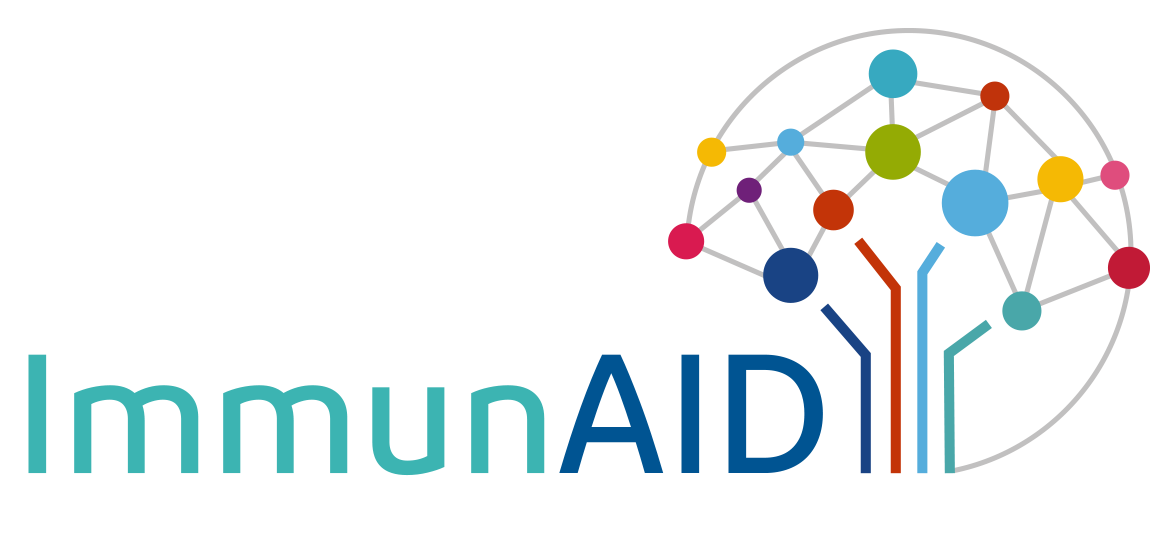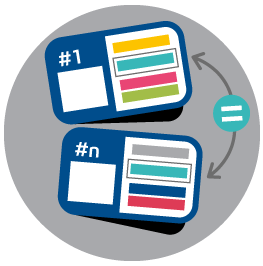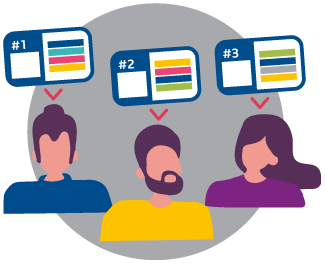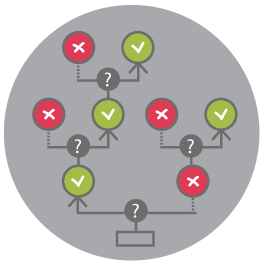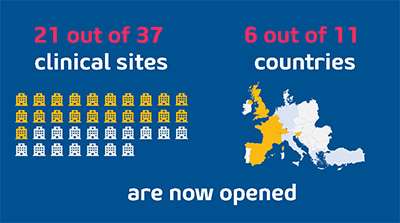IMMUNAID, The European project willing to identify biomarkers for the diagnosis of rare systemic autoinflammatory diseases, has just opened clinical sites in Belgium, Switzerland and in the UK, reaching more than half of the full recruitment capacity.
The ImmunAID project aims to identify new tools for the diagnosis of systemic auto-inflammatory diseases (SAID). The aim is to provide better care for patients with rare diseases.
SAID are a complex and little-known group of rare diseases characterised by strong inflammation. These diseases are caused by a deregulation of the patient's innate immune system.
In order to achieve the project's objectives, a group of patients suffering from SAID is being recruited throughout Europe. The recruitment campaign has recently started in France, Spain, Slovenia.
Recently, different recruiting centres have been opened, doubling the number of countries were recruitment is active.
The first site to be opened in the UK is at the Royal Free Hospital – UCL.
Pr. Helen Lachmann is delighted to now be able to enrol patients: “There is still a significant need for improving the science behind SAID. Nowadays, patients are still multiplying medical visits and undergoing numerous analyses for years before a proper diagnostic is made. ImmunAID can be a game-changer. We hope that the project will quickly provide better care options for patients.”
Another centre in Leeds (Pr. Sinisa Savic) is also expected to open sometimes soon.
The only Belgian site has also been opened recently at UZ Leuven. Pr. Carine Wouters is also looking forward to contributing both on the patient recruiting operations but also on deciphering the underlying mechanisms that trigger and maintain the diseases. "We are delighted and proud to be able to work with ImmunAID partners. This is a unique opportunity for the European scientific community to advance research in an important field of rare diseases that can only be tackled at a large scale. We will do our best to come up with meaningful results that will improve patients’ diagnosis and medical care.”
Finally, the first Swiss center has been opened at the Hôpitaux Universitaires de Genève. Pr. Cem Gabay, dean of the faculty, is leading the Swiss side of the study and is willing to further investigate the role of IL-18 in the inflammatory process. “ImmunAID can really make a difference as it tackles the problem at large scale: large cohort and broad biological analyses will deliver an exhaustive dataset that will of the utmost value for the scientific community. If we can turn that into diagnosis guidelines, the life of patients and their families will be changed for good”.
Overall, recruitment capacity is now beyond mid-capacity as 21 out of 37 sites are now open across Europe. The opened clinical sites are spread over 6 of the 11 countries in which the study is taking place. The consortium hopes to reach full recruitment capacity by the end of Q1 2021.
